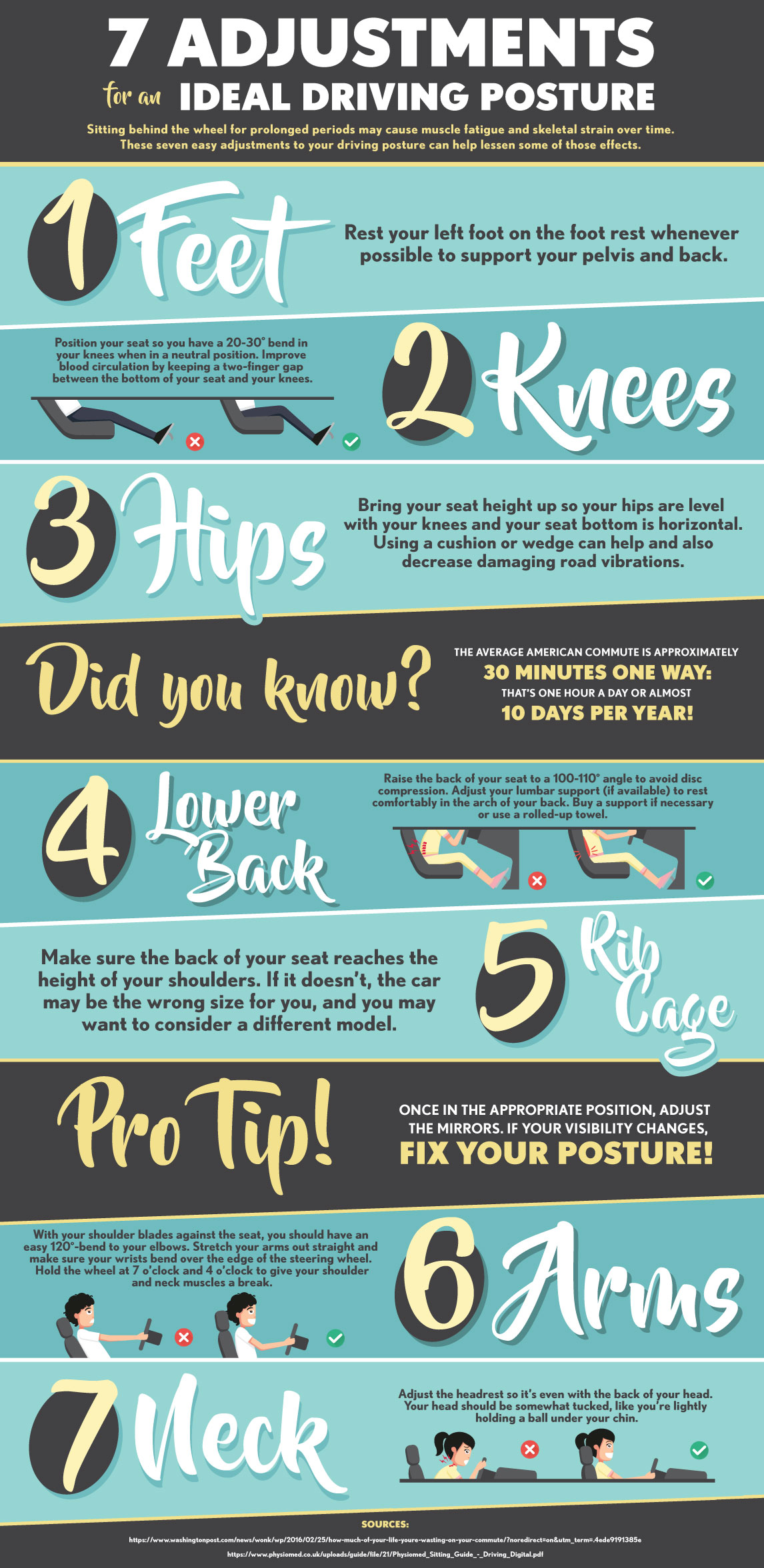Understanding Nourishment'S Role In Neck And Back Pain Administration: Beneficial Foods And Foods To Avoid
Understanding Nourishment'S Role In Neck And Back Pain Administration: Beneficial Foods And Foods To Avoid
Blog Article
Written By-Cochrane Nicolajsen
When it comes to handling your back pain, the food choices you make can dramatically influence how you really feel each day. Imagine having the ability to reduce your discomfort just by readjusting what you consume. By understanding the function of nutrition in back pain administration and recognizing which foods to include or stay away from, you can take aggressive steps towards a healthier and a lot more comfortable way of life. The link in between nutrition and back health is a lot more profound than you may recognize-- let's check out just how certain foods can either calm or worsen your back pain.
Importance of Nourishment in Pain In The Back
Nutrition plays an essential role in managing pain in the back. Your diet regimen can considerably influence inflammation levels and overall pain degrees in your back. Eating a balanced diet plan rich in nutrients like vitamins D and K, calcium, magnesium, and omega-3 fats can help reduce inflammation and reinforce bones, which are essential for back wellness.
Furthermore, preserving a healthy weight via appropriate nutrition can alleviate stress and anxiety on your spinal column, lowering the danger of neck and back pain.
In addition, certain nutrients like antioxidants discovered in fruits and vegetables can help combat oxidative tension and promote healing in the body, including the back muscular tissues and spinal column.
On the other hand, eating too much quantities of refined foods, sweet drinks, and unhealthy fats can add to inflammation and weight gain, aggravating neck and back pain.
Foods to Consume for Back Health And Wellness
To support a healthy and balanced back, including nutrient-rich foods into your day-to-day meals is key. Consisting of foods high in antioxidants like berries, spinach, and kale can help reduce swelling in your back, alleviating pain and discomfort. Omega-3 fats located in fatty fish such as salmon and mackerel have anti-inflammatory residential properties that can benefit your back health.
In functional medicine bee cave , consuming nuts and seeds like almonds, walnuts, and chia seeds offers important nutrients like magnesium and vitamin E, which support muscle mass feature and decrease oxidative stress. Incorporating lean healthy proteins such as hen, turkey, and tofu can assist in muscle repair and upkeep, advertising a strong back.
Don't neglect to consist of dairy products or strengthened plant-based options for calcium to sustain bone health. Last but not least, moisten with lots of water to maintain your spine discs moisturized and working ideally. By consisting of check over herea -dense foods in your diet plan, you can nourish your back and support general back health and wellness.
Foods to Avoid for Pain In The Back
Choose staying clear of refined foods high in sugarcoated and trans fats when seeking relief from pain in the back. These kinds of foods can contribute to inflammation in the body, which may worsen pain in the back. Say no to sugary snacks sweet, pastries, and sugary beverages, in addition to convenience food things like hamburgers, fries, and fried chicken that are often loaded with trans fats.
In addition, avoid foods consisting of high degrees of polished carbs, such as white bread, pasta, and breads, as they can surge blood glucose levels and possibly worsen swelling in the body.
It's also smart to limit your intake of foods high in saturated fats, like red meat and full-fat milk items, as they can contribute to inflammation. Refined foods like delicatessens meats, chips, and packaged treats are usually high in saturated fats and should be eaten in moderation.
Final thought
To conclude, paying attention to your diet plan and making clever food selections can have a considerable effect on managing back pain. By integrating nutrient-rich foods like berries, fatty fish, nuts, and lean proteins, and preventing processed and sweet products, you can help reduce swelling and support on the whole back health. Bear in mind, what you eat plays a vital duty in just how you feel, so ensure to prioritize your nourishment for a healthier back.
